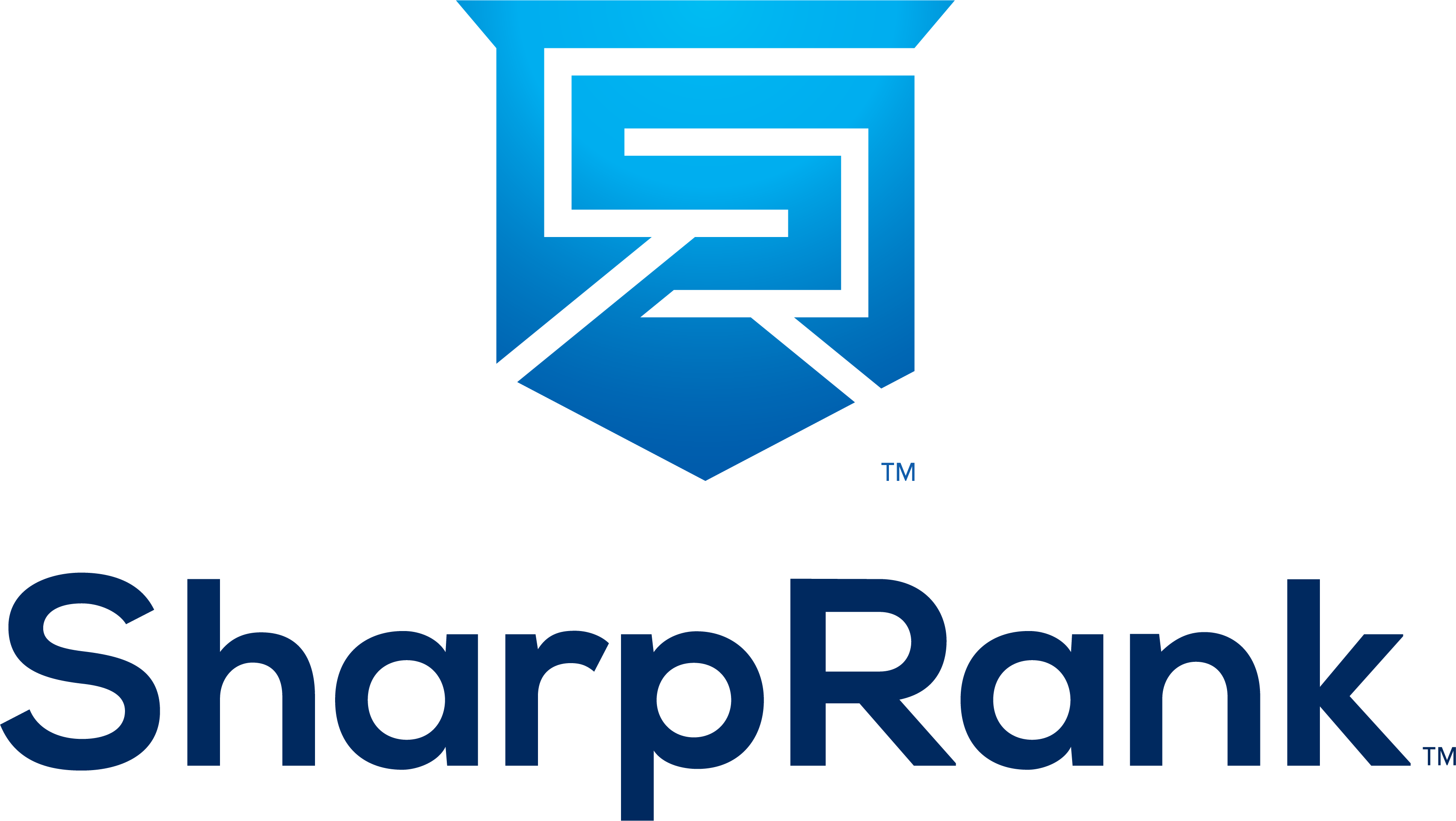SharpRank’s weekly updates on Compliance, Audit, Legislation, Ethics, & Regulation within the Sports Betting Industry.
Topics 10/30/24:
- Illinois Suspends NFL Prop Bets to Uphold Integrity
- Alberta Delays Sports Betting Launch to 2025 for Improved Regulations
- Amendment 2: Missouri Moves to Legalize Sports Betting Amid Debate
- Tennessee Fines Illegal Sportsbook Bovada $50K
- Flutter Entertainment: Navigating Growth Amid Challenges
Illinois Suspends NFL Prop Bets to Uphold Integrity
The Illinois Gaming Control Board (IGB) has temporarily suspended certain NFL prop bets following a request from the league. Jonathan Nabavi, the NFL’s Vice President of Public Policy and Government Affairs, highlighted that some betting markets are inherently objectionable as they may be derogatory or based on subjects contrary to public policy, such as player injuries and fan safety. The NFL outlined ten specific markets for regulators to prohibit, prompting IGB Administrator Marcus Fruchter to issue a temporary suspension while discussions on formal prohibitions take place. The markets affected include bets on player injuries, fan safety, player misconduct, and other predetermined outcomes. While some of these bets, like those on player injuries, have never been offered in regulated U.S. sportsbooks, others were removed for the upcoming NFL games, including bets on whether a kickoff would result in a touchback. Nabavi noted that over ten states, including Massachusetts, Michigan, and Ohio, have already banned these types of bets to maintain game integrity. This move comes shortly after the NBA announced similar efforts to eliminate prop betting on players with short-term contracts.
Alberta Delays Sports Betting Launch to 2025 for Improved Regulations
Alberta’s plans for launching sports betting have been delayed, with the province’s top regulator indicating that discussions with stakeholders will extend into 2025. Earlier this year, Alberta’s Service Minister Dave Nally expressed optimism about initiating the market by the end of 2024, but a recent statement from his press secretary emphasized the need for ongoing conversations to ensure a fair and transparent iGaming strategy. Paul Burns, president of the Canadian Gaming Association, supported the decision to take more time, stressing the importance of developing robust online gambling regulations. Nally plans to introduce amendments to the province’s Gaming Control Act next spring, aiming for an “open and free market” by October 2025. Alberta is expected to become the second Canadian province to offer commercial online sports betting, following Ontario’s lead, and industry leaders are optimistic about Alberta’s potential due to its young adult population and high gaming expenditure per-capita.
Amendment 2: Missouri Moves to Legalize Sports Betting Amid Debate
Amendment 2 in Missouri, while framed as an educational initiative, primarily focuses on legalizing and regulating sports betting within the state. The amendment would empower the Missouri Gaming Commission to oversee various forms of sports wagering, including online betting, and impose a 10 percent tax on the revenue generated, which would be directed toward education after covering expenses. According to a fiscal note, the amendment could yield tax revenue ranging from $0 to $28 million annually. Proponents argue that it would position Missouri as the 39th state to legalize sports betting, aligning with neighboring states, and potentially generate up to $105 million for schools over five years. However, opponents raise concerns that revenue could flow out of state through online platforms, question the actual benefit to school funding, highlight the disproportionate impact on low-income families, and contend that gambling is inherently immoral.
Tennessee Fines Illegal Sportsbook Bovada $50K
Bovada, an illegal online casino and sports betting platform targeting U.S. players, has been fined $50,000 by Tennessee’s Sports Wagering Council (TSWC) for operating without a license. The TSWC’s investigation revealed that, despite claiming to have ceased operations in Tennessee, Bovada continued to accept bets as recently as mid-October. The fine is part of Tennessee’s enforcement of its Sports Gaming Act, which allows penalties for unlicensed sportsbooks. TSWC officials urged Tennesseans to withdraw their funds and close their accounts with Bovada, emphasizing the lack of player protections associated with offshore gambling sites. With Bovada operating from Curacao, the likelihood of collecting the fine is slim, as the company primarily deals in cryptocurrency. The TSWC is collaborating with federal and state law enforcement to eliminate illegal sportsbooks like Bovada, which has repeatedly received cease-and-desist orders.
Flutter Entertainment: Navigating Growth Amid Challenges
Flutter Entertainment is a major player in the online gaming and sports betting industry, maintaining strong positions in key markets such as the United States, United Kingdom, and Australia despite facing regulatory challenges and stiff competition. As the company prepares to release its financial results, analysts expect significant growth, particularly from its US operations under the FanDuel brand, with revenue projected to exceed $1.43 billion in the latest quarter. While the UK market shows encouraging trends, including a year-over-year increase in gross gaming revenue, Flutter has encountered some fluctuations in its market share, particularly in iGaming, due to increased competition and fewer active players. Financially, Flutter’s outlook remains positive, with analysts forecasting revenues of approximately $13.79 billion and EBITDA of $2.46 billion for 2024. However, looming tax increases in markets like Illinois and New Jersey pose potential challenges to profitability. Despite these headwinds, Flutter’s robust product offering, scalability, and experience position it well for future expansion into new markets, capitalizing on the evolving regulatory landscape and increasing global acceptance of online gambling.
Click here to read last week’s SCALER.

